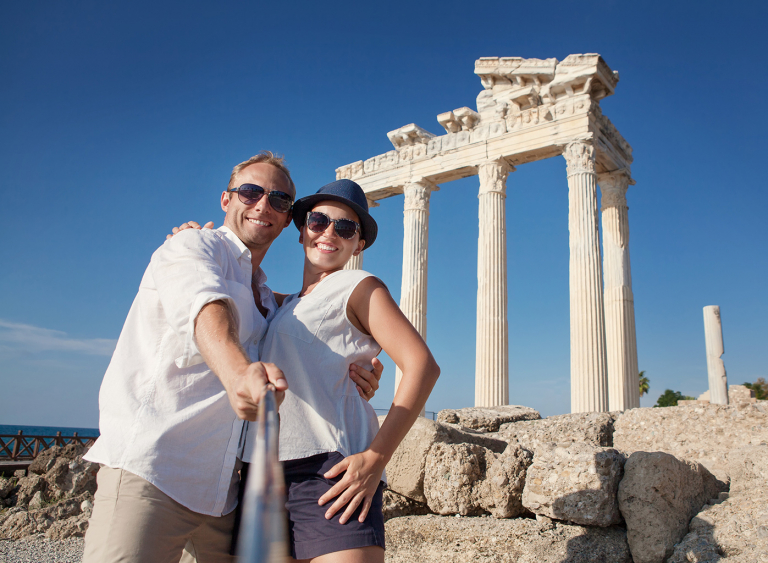Facebook and Instagram ‘likes’ are influencing our travel decisions, study shows

Image: Solovyova/IStock.com via AFP Relaxnews
The prospect of garnering Facebook likes and Instagram double-taps can play a significant role in determining which destination travelers choose to book, confirms a new study.
The results of the University of Georgia study confirm what many people active on Facebook, Instagram, Snapchat and Twitter already know: that potential validation among friends and peers on social media can be as influential a factor as price and weather when deciding where to travel.
For their study, researchers developed a “Social Return Scale” (SRS) which was used to predict whether 758 United States travelers intended to visit Cuba over the next year, next five years, and next decade based on anticipated social media feedback on their travel experiences.
Why Cuba? Because following the loosening of travel restrictions under the Obama administration, Cuba has become a trending destination among U.S. travelers with the potential to generate more social media buzz than other, more accessible Caribbean destinations, authors reasoned.
While the anticipated social return of traveling to Cuba was a good predictor across all three time periods, researchers noted that social return had the greatest influence for predicting travel within the next year, when the formerly closed-off island remains a novelty destination for American travelers.
“While travel and social standing have a long history of interconnectedness, social media has fundamentally changed the nature of this form of conspicuous consumption,” said study lead author Bynum Boley in a statement.
“No longer do peers have to take each other’s word on where they have traveled or wait for the slideshow upon returning from the trip. Travelers are now able to receive instant gratification and recognition through posting pictures of their travels.”
The more impressive a destination can sound to peers on social media, the more likely people are to book a trip in the near future, according to the research.
“This is especially important as narcissism becomes more normalized and the posting of travel experiences on social media becomes a more prominent primary motivation for travel,” Boley added.
The findings were published recently in the journal Tourism Management. JB
RELATED STORY: